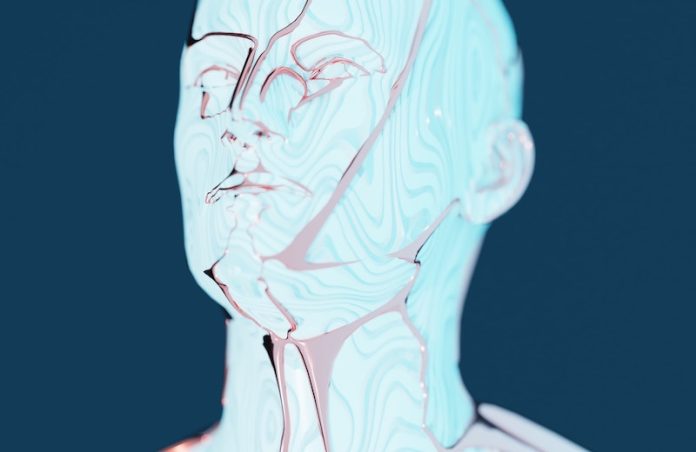
People who work in caring jobs, like social workers, psychologists, and psychoeducators, often deal with others’ negative feelings.
These feelings can rub off on them, an effect called “emotional contagion.”
This can lead to stress and distress. Pierrich Plusquellec, a professor at the Université de Montréal, says that emotional issues can lead to burnout and even depression.
So how can we find out how strong this emotional contagion is? Plusquellec suggests using artificial intelligence (AI) can be the answer.
Using AI to Measure Emotional Reaction
Plusquellec and his student, Vincent Denault, published a study in Psychological Reports. They used AI software to measure how people’s faces changed while watching movie clips.
They found that people who reacted more to the movie’s emotions had a higher risk of depression. They also found it harder to show compassion.
In the study, 56 psychoeducation students watched a 30-minute video. The video was made up of movie clips that showed different emotions, like joy, anger, fear, sadness, disgust, surprise, or no emotion at all.
The students who reacted more to the movie’s emotions were thought to be at a higher risk of depression. The software used to analyze the students’ faces was called FACET, which uses AI.
Comparing AI to Traditional Measures
Before using AI, people used a tool called the Emotional Contagion Scale (ECS). This was a questionnaire that people filled out about their feelings.
But Plusquellec said that if people weren’t aware of their feelings, or if they didn’t understand themselves well, they could answer the questionnaire wrong.
In a previous study, Plusquellec found that when emotions overwhelmed people in caring jobs, it negatively affected their work.
Even though they could recognize emotions, they couldn’t always maintain the distance needed to properly support others.
Future Uses of AI in Emotional Management
Plusquellec would like to make the FACET tool available online for free. It could help the people who work in helping others.
“Since your facial reaction predicts your risk of depression, the tool could be used to keep an emotional watch on social workers and others, and enable early management,” he said.
Plusquellec also wants to create a program to limit emotional contagion.
This program could help students learn how to better manage other people’s emotions. After all, he says, to help others, you first need to help yourself.
If you care about health, please read studies that scientists find a core feature of depression and that this metal in the brain is strongly linked to depression.
For more information about health, please see recent studies about drugs for mental health that may harm the brain, and results showing this therapy is more effective than ketamine in treating severe depression.
The study was published in Psychological Reports.
Follow us on Twitter for more articles about this topic.
Copyright © 2023 Knowridge Science Report. All rights reserved.



